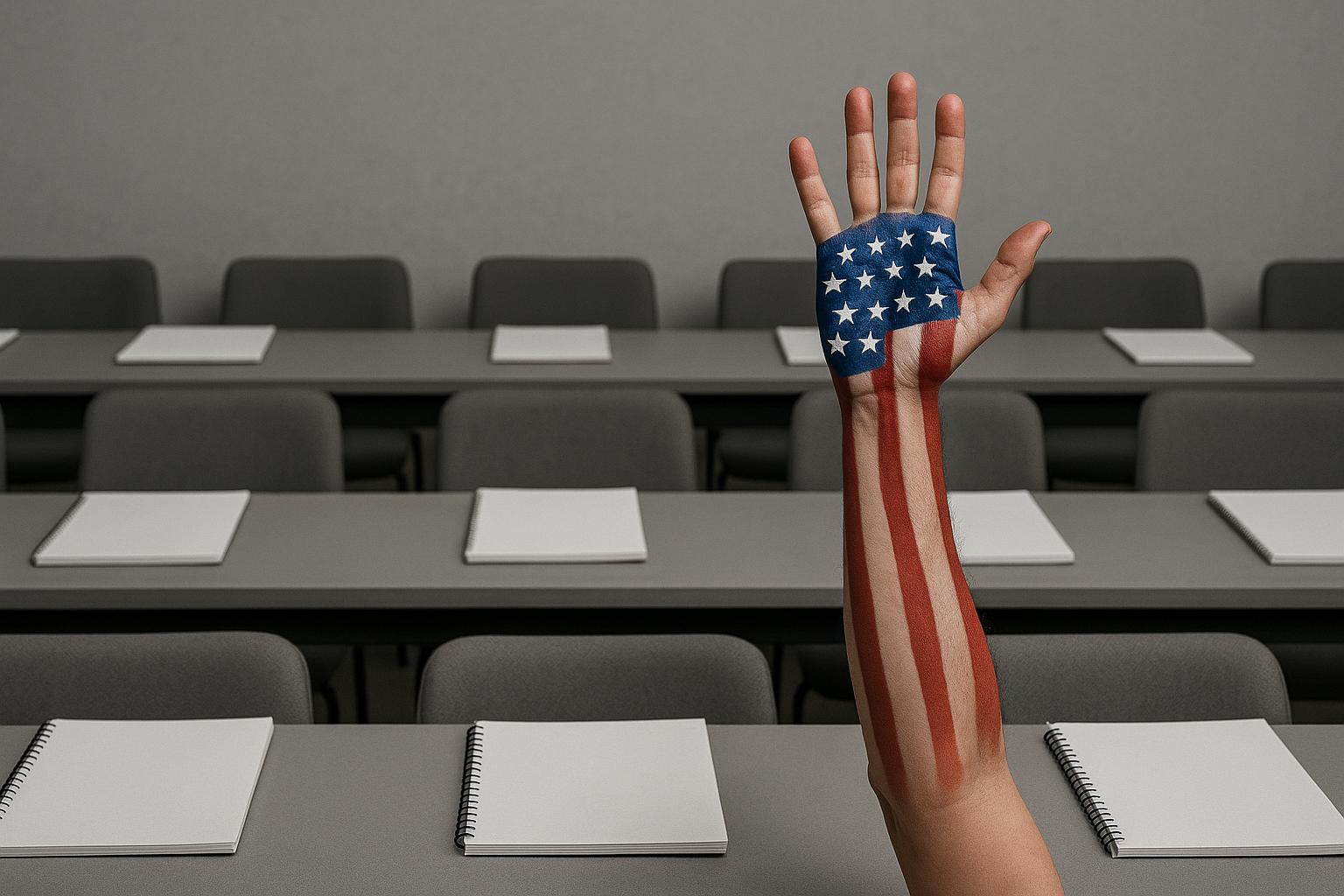The BBC has formally apologised to former U.S. President Donald Trump over the editing of a speech he gave on 6 January 2021, which was featured in a 2024 Panorama documentary. The corporation acknowledged the error of judgment in how the footage was spliced together, a presentation that inaccurately suggested Trump explicitly encouraged violence during the Capitol riot. Despite issuing a personal apology from BBC Chair Samir Shah to the White House and expressing sincere regret, the BBC firmly rejected Trump's defamation claim and a demand for $1 billion in compensation, stating there is no legal basis for such a claim.
The apology comes amid intense scrutiny of the broadcaster’s editorial practices, with the Panorama episode, titled Trump: A Second Chance?, being removed from all BBC platforms and no plans to rebroadcast it. The BBC’s response followed a letter from Trump’s legal team demanding a retraction, apology, and compensation, threatening legal action if these demands were not met by a set deadline. Reuters and the BBC itself reported that while the broadcaster expressed regret for the misleading edit, it rebutted the suggestion that the documentary was defamatory under either UK or Florida law. Legal experts highlighted the difficulties Trump would face in pursuing defamation in the U.S., given the need to prove actual malice, that the BBC knowingly published false information or doubted its truth.
Adding to the BBC’s challenges, the Daily Telegraph revealed that another BBC programme, Newsnight, had similarly edited a Trump speech in 2022 to give a misleading impression that he was encouraging rioters. The BBC has confirmed it is investigating this issue, emphasising its commitment to editorial standards while facing criticism from both political sides. This controversy has triggered a crisis within the organisation, leading to the resignation of two senior executives and leaving the BBC without a permanent leader, even as the UK Prime Minister Keir Starmer voiced support for a strong, independent broadcaster.
Beyond the BBC’s troubles, the UK government continues to grapple with asylum seeker policies amid rising arrivals on small boats. The Home Secretary, Shabana Mahmood, has introduced a "one-in-one-out" strategy aimed at balancing the numbers by moving 84 migrants into the UK while removing 113. Though this approach represents progress to politicians, it remains overshadowed by over 8,000 people having crossed via small boats since the policy began, a figure highlighted by Metro.
Further reform plans have been circulated by the government, seeking to emulate Denmark’s stringent immigration laws. Proposed measures include deporting 95% of failed asylum seekers and imposing tougher restrictions on family reunification. These reforms, reported by the i paper and described by the Times as the most radical asylum changes since World War II, are intended to deter new arrivals and reduce the UK’s appeal to “asylum shoppers” amid concerns about the increasing use of informal and dangerous routes into the country.
Parallel to these developments, the UK government also aims to end the controversial use of hotels for housing asylum seekers by 2029, a policy outlined by Finance Minister Rachel Reeves. The switch promises significant cost savings, projected at £1 billion annually, after the 2023–24 expenditure on hotels topped £3.1 billion. Reeves linked the plan to increased funding for clearing immigration backlogs, speeding up appeals, and expediting deportations of those without legal status.
The BBC apology, therefore, sits within a wider national context of political and social tumult, where media integrity, immigration policies, and institutional trust all face scrutiny. While the broadcaster seeks to restore its reputation amid editorial errors and leadership upheaval, government policy adjusts under pressure to manage a complex asylum and migration system that remains at the heart of public and political debate.
📌 Reference Map:
- [1] (BBC News) - Paragraph 1, Paragraph 3, Paragraph 4, Paragraph 5, Paragraph 6
- [2] (Reuters) - Paragraph 1, Paragraph 2, Paragraph 3
- [3] (Washington Post) - Paragraph 1, Paragraph 2
- [4] (CBS News) - Paragraph 1, Paragraph 2
- [5] (Sky News) - Paragraph 1, Paragraph 2
- [6] (Reuters) - Paragraph 6
Source: Noah Wire Services
